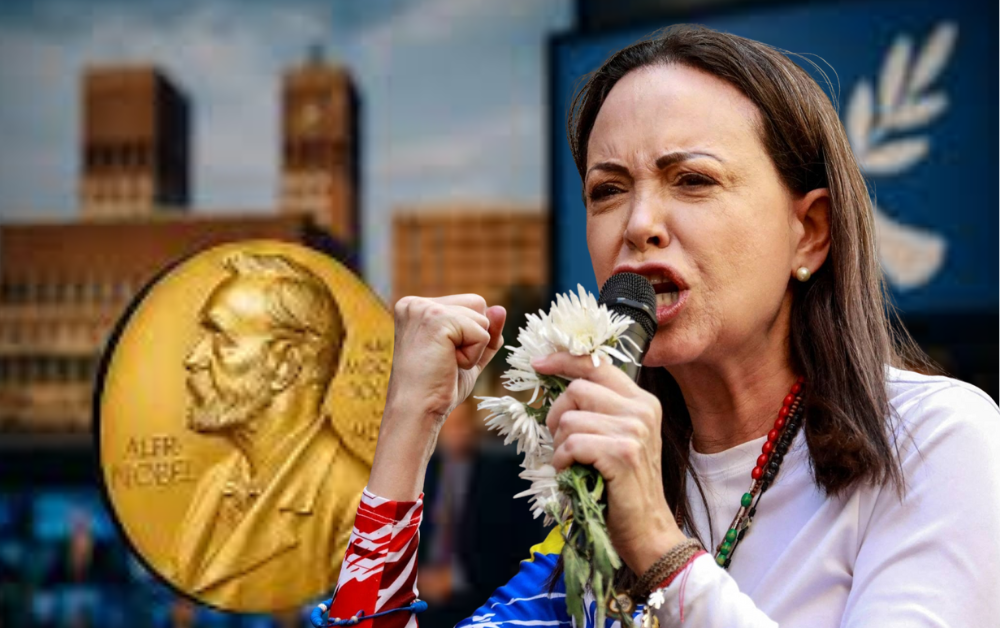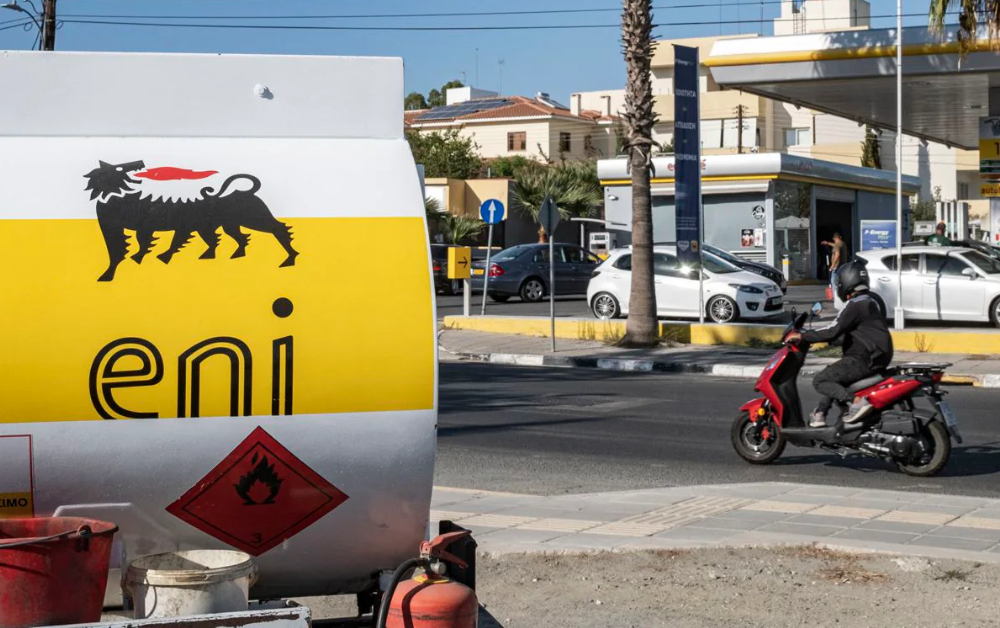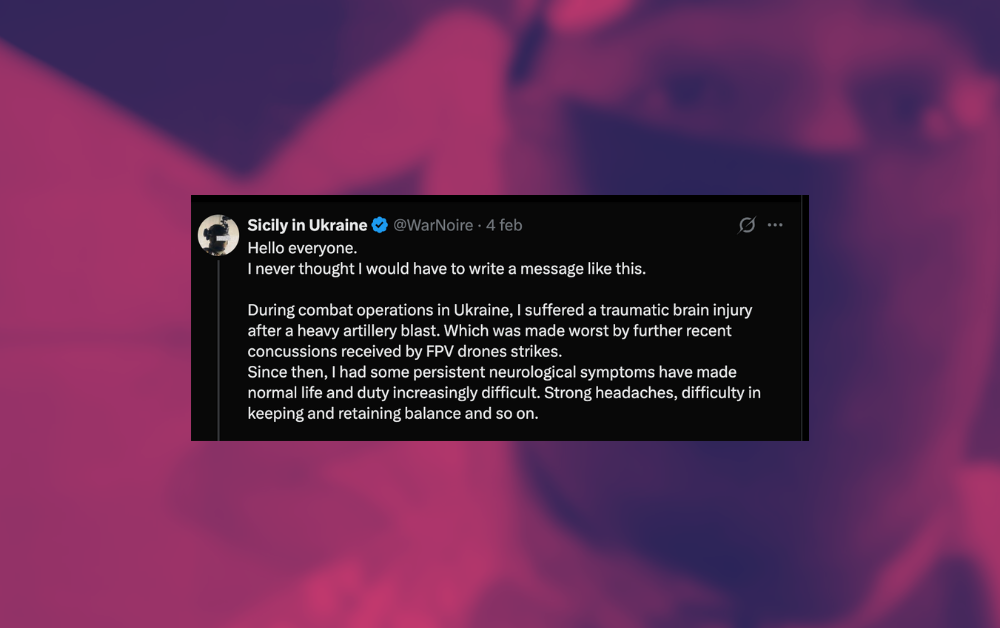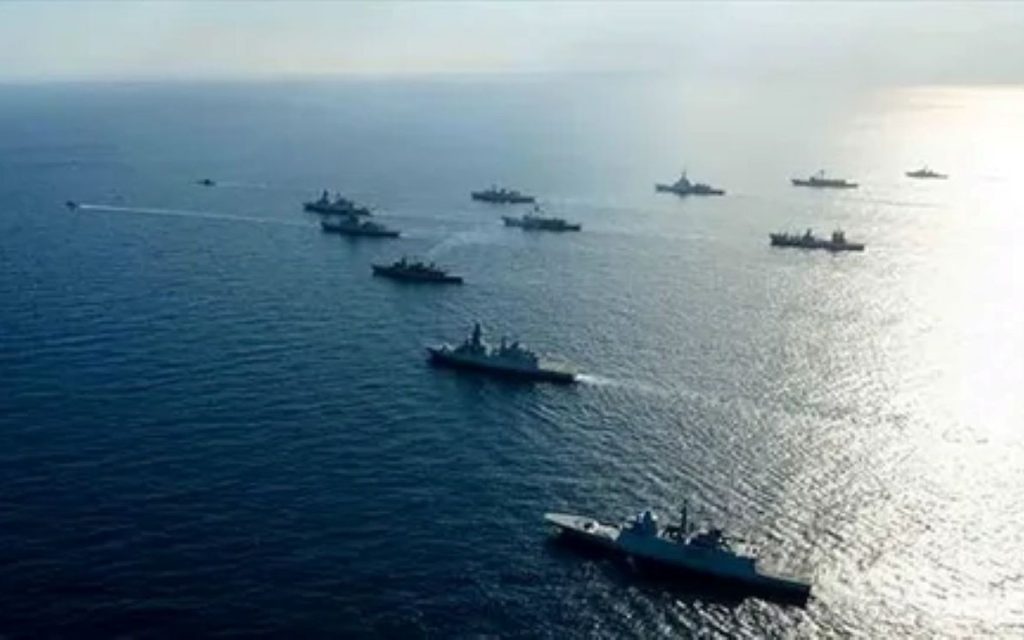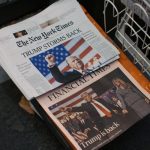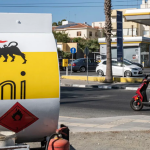The 2025 Nobel Peace Prize has gone to María Corina Machado, leader of Venezuela’s opposition. The official motivation speaks of defending democratic rights and a peaceful transition. The political signal, however, is clear. The award goes to a figure who has pushed for maximum international pressure on Caracas and who has consistently backed the line of Washington and Israel.
The timing is not neutral. After the presidential election of 28 July 2024, contested and marked by clashes in Caracas, the Western narrative framed Venezuela in a familiar scheme: on one side Maduro’s “autocracy,” on the other the “democratic opposition” supported by Atlantic capitals. The Nobel fits into this polarized framework and reinforces it. Machado, who has long faced heavy judicial and security pressure, has consistently called for more sanctions and deeper isolation of the Bolivarian government. On several occasions she has openly invoked an external military intervention as a lever for change. These are not words that smell of de-escalation.
There is also the symbolic dimension. A few hours after the announcement, Machado dedicated the prize to President Trump. A gesture that says more than many analyses. In this reading, peace flows through the hegemony of the winning military bloc, economic coercion, and the threat of force. Far from the tradition of disarmament, mediation, and ceasefires, the 2025 Nobel embraces an idea of “imposed peace” that in recent years has produced instability wherever it has been applied, not to mention well-known historical episodes.
The paradox is evident. At a time when low-intensity wars and proxy conflicts are multiplying, the Norwegian committee selects a figure who has not reduced violence in any theater of war, but who has embodied a violent political struggle. In Caracas the choice was hailed by the opposition as a moral victory. Internationally it has divided opinion. Even among journalists and commentators who are far from soft on Maduro, some have called it a questionable decision.
One core question remains. What are we really rewarding when we talk about peace. Walk-backs on negotiations, the routine use of sanctions, and calls for a “hard line” have become common language. The 2025 Nobel does not halt this trend. It legitimizes it, and puts it on the brightest stage.
The informal shortlists circulating until the eve featured very different profiles in terms of mission and expected outcomes.
Grassroots emergency networks in Sudan. Volunteers keeping entire neighborhoods alive amid hunger and bombardments. Such an award would have centered the protection of civilians.
Mediation for truces and prisoner exchanges between Israel and Gaza. Recognizing those who achieved even temporary ceasefires would have rewarded a measurable reduction in violence.
Freedom of the press and protection of reporters. In a two-year span with a record number of journalists killed, a prize to media protection groups would have had an immediate ethical impact.
All imperfect hypotheses, but united by a simple criterion. Peace as the concrete reduction of suffering. The Machado case, by contrast, enshrines peace as a partisan political project. And that is the crux. If peace becomes a label we attach to the side we prefer, the Nobel loses its function as a moral compass.
The year 2025 will go down as the one in which the Nobel Peace Prize chose the path of hegemony. With a dedication that looks to Washington and a posture that winks at the paradigm of intervention. It is no surprise to those who have long observed the committee’s drift. It is a disappointment for those who hoped for a return to measurable peace, made of humanitarian corridors, ceasefires, and families who no longer have to flee.

